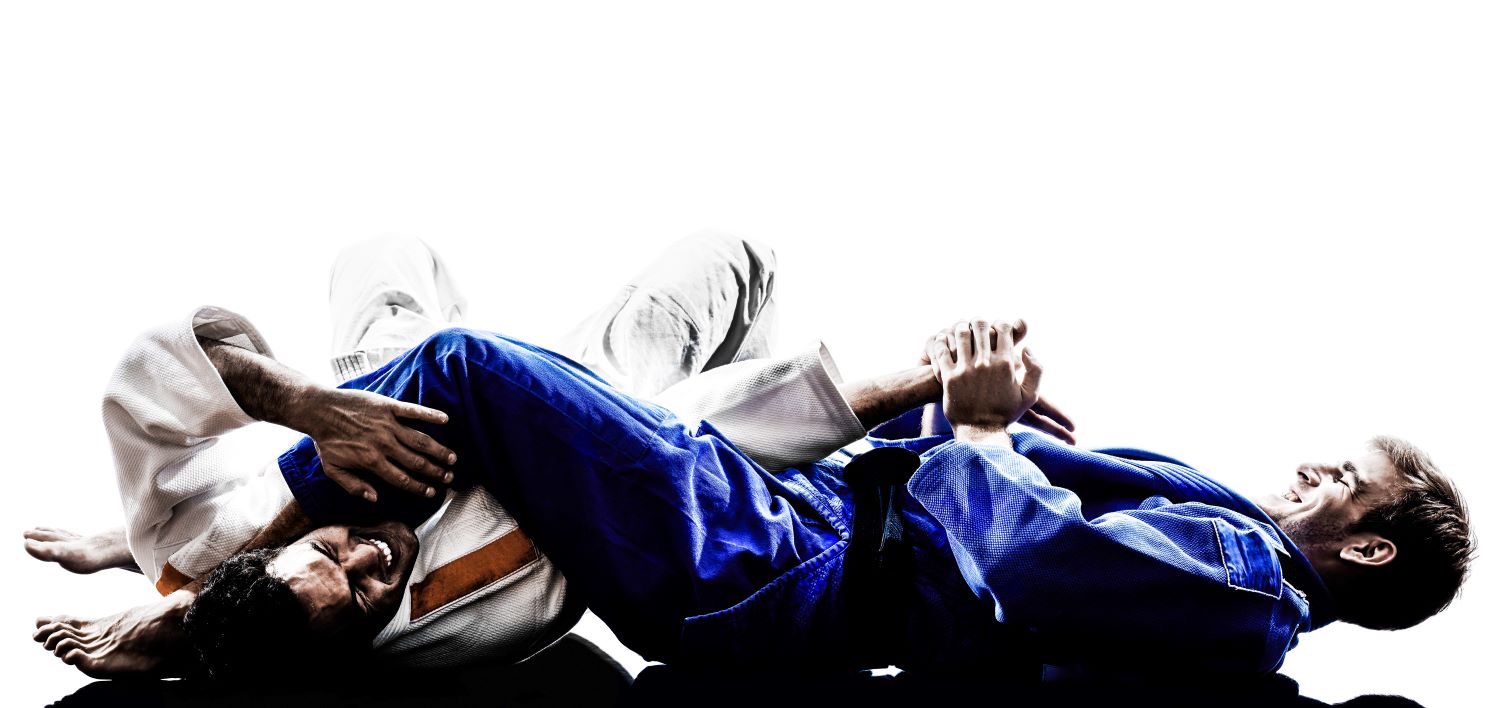Unleashing inner strength, often hidden and unexplored, can be a transformative journey. Many who delve into the realm of Jiu-Jitsu, a renowned martial art, uncover this dormant force, reaping the rewards of discipline, humility, and respect in practice. This post aims to shed light on the profound life lessons inherent in this ancient art form, and how they can guide us towards personal growth and a heightened sense of self-awareness.
The philosophy behind Jiu-Jitsu is a complex tapestry interwoven with various elements that extend beyond physical strength and endurance. These elements, which include discipline, humility, and respect, are not merely principles but practical tools that one can apply in daily life scenarios. The upcoming paragraphs offer a deep dive into these intriguing aspects, unraveling their significance in Jiu-Jitsu and their application in our lives.
So, prepare to embark on a captivating journey into the heart of Jiu-Jitsu, where each move, technique, and strategy reverberates with profound life lessons. Whether a seasoned practitioner or a novice to this martial art, the insights that unfold promise to ignite a new understanding of Jiu-Jitsu and the immense potential it holds for personal development. Embrace the adventure and unleash the inner strength waiting to be discovered.

Unlocking the Philosophy of Discipline in Jiu-Jitsu
From the outside, Brazilian Jiu-Jitsu (BJJ) may appear as merely a physical sport. However, a closer look reveals that it’s heavily steeped in philosophy and life principles. One such principle is discipline, which is at the heart of any martial art. BJJ teaches discipline in a unique, in-depth way.
Developing Self-Discipline through Training
In BJJ, discipline is not just about showing up for training. It extends to managing emotions, maintaining focus during fights, and constantly learning and improving. This discipline can be transferred to personal and professional life as well.
- Emotional Management: BJJ training involves techniques that can help practitioners control their emotions. It teaches how to remain calm under pressure, a skill which can be applied in various life scenarios.
- Focus: During a fight, a moment’s distraction can lead to defeat. Therefore, BJJ fosters a high level of focus and concentration.
- Continuous Learning: BJJ is a complex martial art with thousands of techniques. It encourages a continuous learning mindset, which is an essential skill in today’s fast-paced world.
Harnessing the Power of Humility in Jiu-Jitsu
Another critical life lesson from BJJ is humility. BJJ’s philosophy recognizes that no one is invincible and everyone has something to learn.
Embracing Humility through Defeat
In BJJ, everyone loses at some point, regardless of their skill level. Losing a match does not symbolize weakness; instead, it represents an opportunity for learning and growth. This approach instills humility and fosters a healthy perspective on failure.
- Learning from Defeat: In BJJ, a loss is a chance to learn and improve. It serves as a reminder that there is always room for improvement.
- Growth Mindset: The humility gained from BJJ encourages a growth mindset. It teaches that abilities and intelligence can be developed through dedication and hard work.
Cultivating Respect through the Practice of Jiu-Jitsu
BJJ places a significant emphasis on respect. This respect extends to opponents, coaches, teammates, and the martial art itself.

Learning Respect for Others and the Art
In BJJ, respect is earned and not given. It teaches individuals to value the skills and abilities of others, fostering mutual respect among practitioners. Additionally, it inculcates a deep respect for the art itself, recognizing the dedication and hard work it requires.
- Respecting Opponents: BJJ teaches that every opponent, regardless of skill level, deserves respect. This respect fosters a healthy competitive environment.
- Respect for the Art: BJJ practitioners learn to appreciate the complexity and beauty of the art. They understand the effort required to master BJJ and respect those who dedicate their lives to it.
Through these lessons of discipline, humility, and respect, BJJ doesn’t just help individuals become better fighters—it helps them become better people. The values and philosophies ingrained through the practice of Jiu-Jitsu extend far beyond the mat, influencing practitioners’ lives in profound ways.
Conclusion
In conclusion, Brazilian Jiu-Jitsu is far more than just a physical discipline; it is a practice that cultivates essential life principles. Through the rigorous training and the intense focus required in combat, practitioners learn the true essence of discipline, not just in the context of the sport, but also applicable in various aspects of life. Furthermore, BJJ introduces individuals to the virtue of humility, teaching them to see defeats not as failures, but as opportunities for growth and improvement. This inculcates a healthy perspective on failure and encourages a growth mindset. Additionally, BJJ emphasizes the importance of respect, both for the opponent and the art itself. This fosters a healthy competitive environment and promotes a deep appreciation for the dedication and hard work the art requires. BJJ doesn’t just develop better fighters, but better individuals whose values extend far beyond the mat. The principles learned through Jiu-Jitsu resonate in practitioners’ personal and professional lives, making them adaptable and resilient in the face of life’s challenges. Thus, BJJ truly is about unleashing one’s inner strength.
